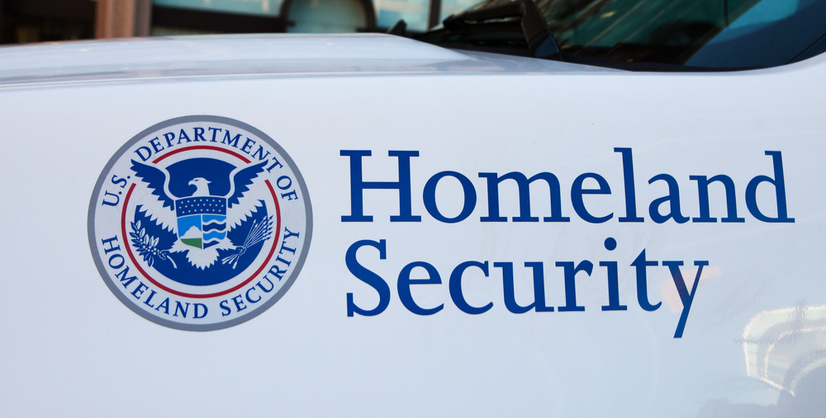
Last week the Department of Homeland Security announced changes to the Privacy Act of 1974 in the Federal Register. Those changes will allow DHS to begin searching through immigrants' social media posts online.
Privacy experts and advocacy groups are severely concerned that those changes will not only negatively affect immigrants human rights but will also negatively affect the digital privacy of US citizens who happen to communicate with immigrants.
Perhaps most troubling, is the fact that the new wording is ambiguous: leaving people wondering just how deep DHS might probe into people's social media records?
Specifically, there is concern that DHS intends to uncover people's aliases and anonymous handles: sometimes used to express opinions that they might otherwise be afraid to discuss.
With ISPs in the US given the go-ahead to begin selling US citizens' web browsing histories to any third party that is willing to pay (since March), digital privacy is already under threat.
Sadly, with customs border checks also becoming more invasive (including forcing people to hand over passwords for their digital devices), it seems likely that this invasive US policy is set to continue.
For people that feel strongly about protecting their digital privacy, a VPN is an excellent option.
However, it is worth noting that what you say publicly on social media cannot be protected by a VPN's encryption. VPNs give you privacy from your ISP and the government and will allow people to more securely use handles and aliases while online. They cannot protect you from the things you say openly under your own name.
For people that do use websites anonymously (with handles and aliases): while trying to remain anonymous online it is also worth using a VPN. Doing so will conceal your real IP address from your ISP and stop the government from being able to easily ascertain your IP address (and therefore your true identity).
In fact, a VPN is a good idea for all US citizens because ISPs are now permitted to sell web browsing histories to third parties. At the end of the day that means that your web browsing history could end up anywhere: including in the hands of the government/DHS.
For my full story on the subject please look here:
https://www.bestvpn.com/privacy-news/dhs-searches-social-media/
Title image credit: Mark Van Scyoc/Shutterstock.com
simply upvote @omarfarukjafree and FOLLOW @omarfarukjafree
Downvoting a post can decrease pending rewards and make it less visible. Common reasons:
Submit